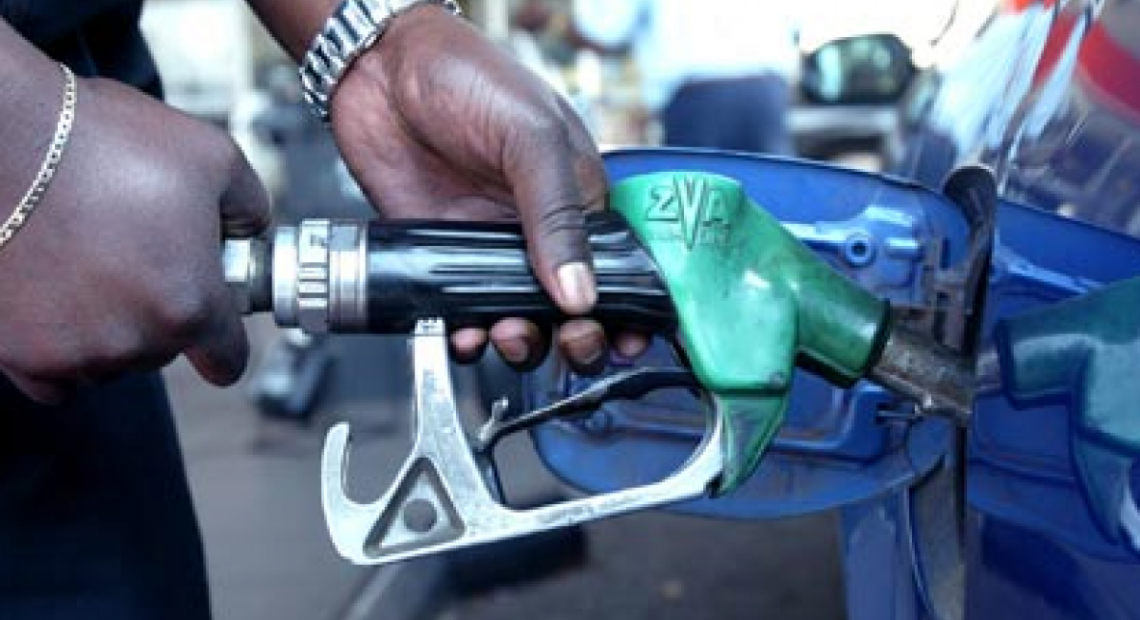

Recently the Federal Government increased the depot price of premium motor spirit, PMS, from about one hundred and forty-eight naira to one hundred and fifty-one naira, fifty-six kobo per litre.
However, the development was indeed a bitter pill to swallow for the citizens going by the reactions that trailed the decision.
In the word of the Minister of State for Petroleum Resources, Timipreye Sylva, there is nothing the government can do to intervene in the new petrol price as it is a direct fall out of the deregulation policy announced in the petroleum sector in March.
Though, most filling stations sell the commodity between one hundred and fifty nine naira and one hundred and sixty two naira.
Some couples of months ago, the government had increased the pump price at different times from one hundred and twenty-one naira fifty kobo to one hundred and thirty-eight naira eighty kobo and one hundred and forty-five naira per litre, on the advice of the Petroleum Product Pricing Regulatory Agency, PPPRA, after reviewing market fundamentals and operating costs.
Fuel price only crashed to one hundred and twenty-five naira in March due to the global coronavirus pandemic which led to a fall in demand, and subsequently a fall in price.
It was at this point that the government effectively removes fuel subsidy since the landing costs had dropped below the pump price, and there was no longer need to subsidize the price for Nigerians.
According to Federal Government, prior to the global crash, they paid the difference between the expected open market price and the approved retail price of petrol, known as fuel subsidy, to make the product available to the populace at an affordable price, irrespective of the prevailing market forces.
It was alarming to Nigerians that the recent increase was done two days after the new tariff in electricity was announced,
Consequently, Nigerians are troubled that the increase in petrol price and electricity tariff amounts to festering their sore of untold hardship, especially in the midst of the covid-19 pandemic.
While it is evident that Nigeria is far from the era of queuing for long hours to buy fuel, which citizens appreciate, it is perhaps the timing of the current steps that the masses felt was wrong.
Nevertheless, there is the need for government to put in place measures to address the adverse effects its current decision is having on the socio economic life of the citizens.
It is necessary for government to take the bull by the horn and revamp the country’s moribund refineries, which accounts for the unnecessary importation of petroleum products.
This will stem the outward flow of much needed foreign exchange.
The take-off of private refineries next year may not translate to a reduction in the price of petrol as the processing plant will be selling at the international price.
Also, Nigerian National Petroleum Corporation, NNPC, should ensure that oil marketers have access to foreign exchange at a uniform price so that product prices will be largely uniform across the country to protect the common man.
There is need for the security agencies to strengthen collaborative efforts to put an end to vandalism of oil pipelines, which sabotage fuel availability.
Indeed the nation is going through a trying time, thus it is imperative for government to do all in its power to bring succour to the people whose purchasing power have been eroded through the hike in petrol price.
Olukemi Akintunde